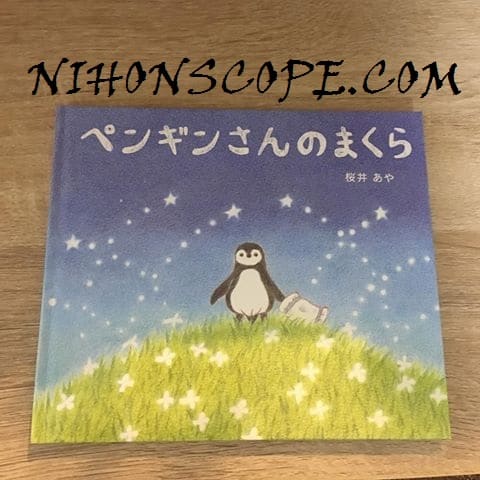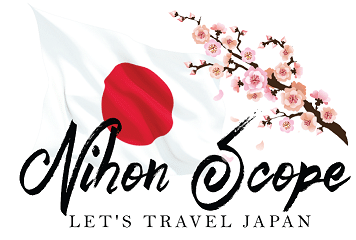Mr. Penguin’s Pillow Review
Today when we were showing a good friend and work associate from Thailand around Tenjin, we decided to sit down and drink some coffee at Tully’s. There I found some kids books to read. Although I often pick up any kids book I see and read a page or so, I have never sat down and read an entire story, and today I did not only read the entire stories of many different children’s books but I also had a fun time discussing the meanings of different words and phrases and concepts in Japanese. Be sure to check out our homepage to see what new articles are being written, because hopefully I will continue to review the other kids books that I read as well as continue to seek out and read new ones and write reviews of them here.
Of the 5 books I read, I liked the story and simplicity of ペンギンさんのまくら (Mr. Penguin’s pillow) the best. ペンギンさんのまくら is published by Tully’s Coffee Japan and was released in July 2017.

This is a book about a penguin who has a pillow but still can’t sleep very soundly. He goes around asking different animals if they can become his pillow by asking: “まくらになって“. This book is similar to the “Are You My Mother?” Dr Seuss book. First he goes up to a giraffe and asks him if he will become his pillow, but he realizes that his hooves are too hard. Then he finds a small little critter, but the little critter ends up falling asleep on Mr. Penguin instead of becoming a nice pillow for Mr. Penguin. Then a hippo who scares the little penguin away when it invitingly opens its mouth to create a nice padded oyster-like bed for him to sleep in. Then the porcupine and rhino who have to sharp of body parts to sleep on. And then a giant Galapagos Island turtle whose shell is too hard, and a koala who is too high up in a tree. And finally a soft looking fluffy polar bear who although he is big and scary makes the perfect pillow for Mr. Penguin to get a good night sleep on.
This book has a relatively easy reading level with many adjectives as well as animal names. I would recommend reading this book to people who are learning Japanese and who are at the beginning stage of learning basic vocabulary even though there are some more difficult terms in this book as well. I’ve also written a post with a collection of children’s songs to help learn basic Japanese that you can check out if you would like.
– Nihon Scope

